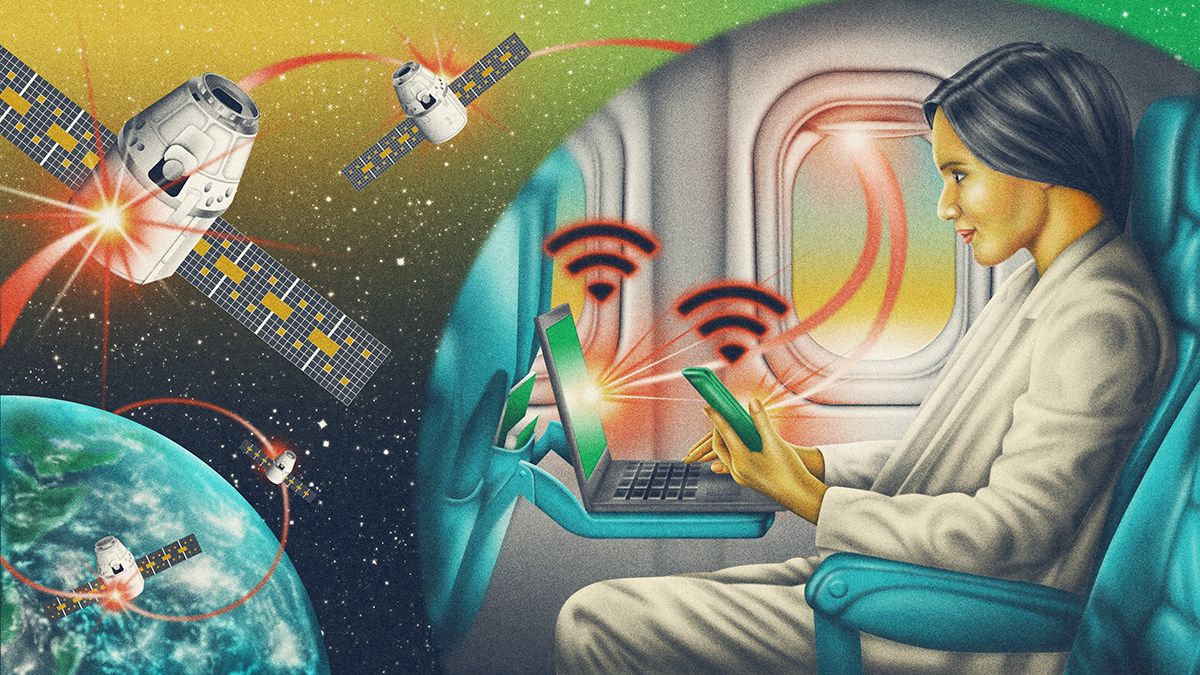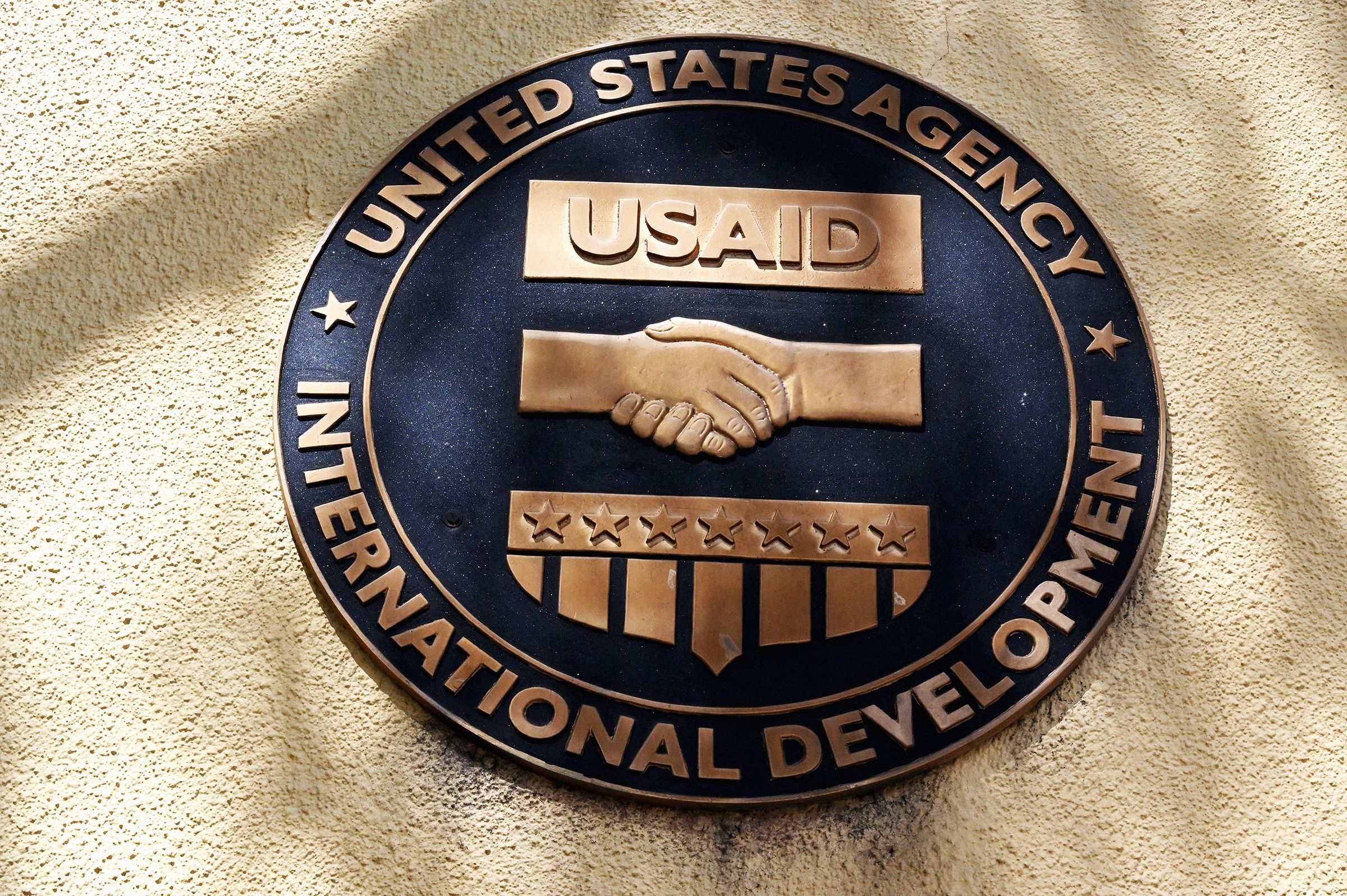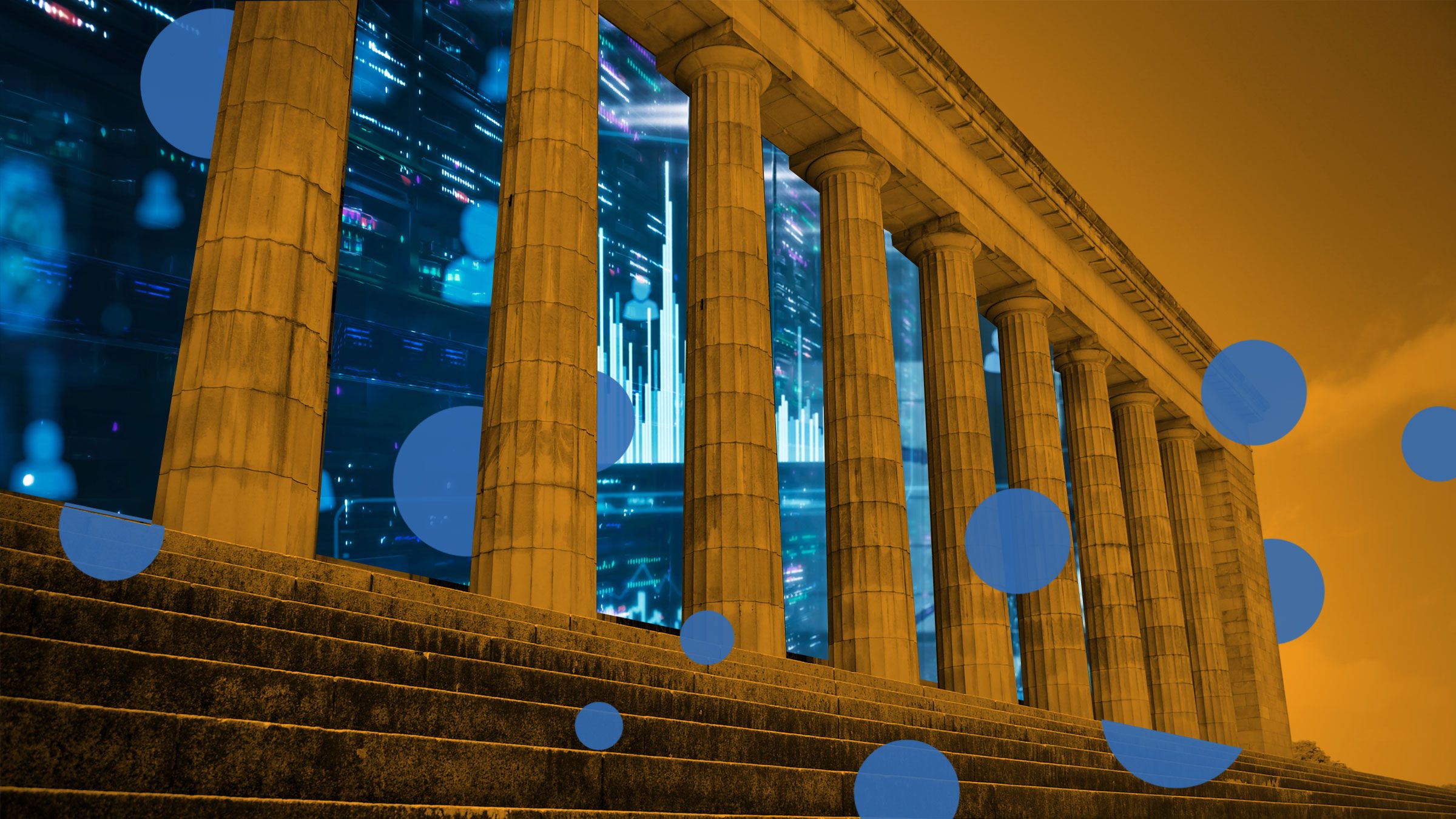Disney and Universal Sue AI Company Midjourney for Copyright Infringement
Disney and Universal Sue AI Company Midjourney for Copyright Infringement
Disney and Universal have filed a joint lawsuit against artificial intelligence company Midjourney for alleged copyright infringement. The two entertainment giants claim that Midjourney has developed AI technology that was used to create unauthorized copies of their copyrighted material.
The lawsuit, filed in federal court, alleges that Midjourney’s AI technology was used to create imitation versions of popular Disney and Universal characters, movies, and theme park attractions. The companies argue that this constitutes a clear violation of their intellectual property rights.
In their complaint, Disney and Universal are seeking damages for lost revenue, as well as an injunction to prevent Midjourney from continuing to use their copyrighted material. They also highlight the potential harm that unauthorized copies could have on their brand reputation and consumer trust.
This lawsuit underscores the growing concerns surrounding the use of AI technology in creating and distributing copyrighted material. As artificial intelligence becomes more advanced, companies must remain vigilant in protecting their intellectual property rights.
Midjourney has yet to respond publicly to the lawsuit filed by Disney and Universal. However, the outcome of this case could have far-reaching implications for the future of AI technology and copyright enforcement.
Both Disney and Universal are known for fiercely protecting their intellectual property, making it clear that they will not hesitate to take legal action against any entity that they believe is infringing on their copyrights.
As the case progresses through the legal system, it will be interesting to see how the courts interpret the intersection of AI technology and copyright law. This lawsuit could set an important precedent for future cases involving similar issues.
In the meantime, Disney and Universal continue to produce and create new content, while keeping a close eye on developments in the world of artificial intelligence. The outcome of this lawsuit could have a lasting impact on how companies approach copyright protection in the digital age.




